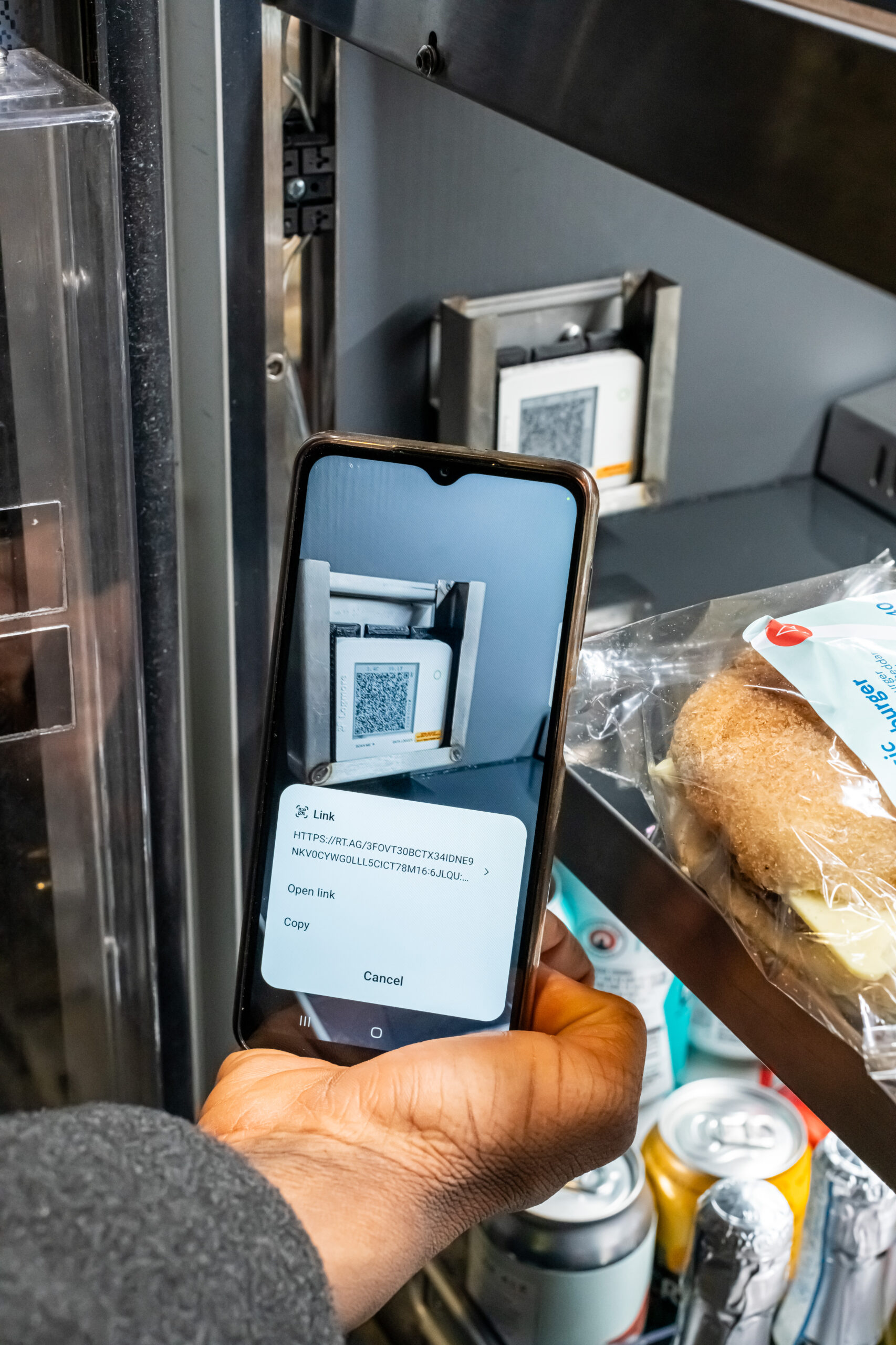Greg Kefer, GT Nexus
The impact of new technologies on how we shop and buy things is well documented. The disruptive force that is killing off 100-year-old retail brands is often referred to as the “Amazon Effect.” The scary part is that things are just getting started in the world of digital commerce. And these transformational effects will require companies of all types, in all industry sectors, to continuously rethink their business models and IT strategies.
Amazon and other digital-centric companies that are disrupting retail have now got their supply chains to a place where they can win over even more consumers. It wasn’t that long ago when packages would take several days or even a week to arrive. People were willing to wait because of cost and convenience. As things matured, expectations increased and two-day shipping became commonplace.
Now they’re talking about delivery in a matter of hours through Uber-like delivery networks and delivery drones. Change is happening at a pace that makes it hard for the big, entrenched companies to keep up, which is why we keep hearing about the pending demise of Sears, Macy’s, and JCPenney.
This is no longer just a retail problem. For the past several years, companies far removed from retail have felt the Amazon Effect in less direct, but very real ways.
There are myriad tales of CEOs of a global manufacturing companies complaining to operational leadership teams about how their daughter could order a $10 book on Amazon and see an up-to-date delivery status every step of the way but that they are still unable to tell his customers when their $20 million machine would arrive.
Is it fair to compare a book to a massive, complex machine that is shipped in pieces? Probably not. But consumer products and services have a funny way of raising the bar for everyone else. If companies don’t start to figure out how to better monitor their supply chain, they will be exposed to technologically superior upstarts nipping at their market share. The resulting agile operational footing can save hundreds of millions of dollars.
Digital Transformation Affects All Industries
The Wall Street Journal recently published an article about the parts supply industry, which involves the purchase and delivery of highly specialized components for industrial machinery feeling the Amazon Effect. The story states:
“Amazon is joining a host of online sellers shaking up the roughly $130bn U.S. market for items that keep factories humming and the plumbing working. They threaten a business largely still conducted via salespeople working out of local shops and national distributors that cater to large businesses, as customers are lured away with instant comparison shopping and free delivery.”
And it’s not just about convenience and better parts availability. This is eating at the margins of the established players, too. According to the Journal, the “largest industrial supplier in North America, W.W. Grainger Inc., with sales topping $10bn annually, said it cut prices by up to 25 percent this summer after years of losing customers to cheaper online competitors.”
Industrial distribution is very close to retail ecommerce and a logical extension of Amazon and its peers. But at what point do we start seeing big commodities, or pharmaceutical, or high tech companies start losing pieces of their business to new, agile, IT-fortified challengers?
Could the B2B marketplaces that blossomed and died during the dot com bubble be ready for round two? It’s one thing to set up a website with lots of products for sale and secure shopping cart functionality, but now there’s a chance you can get your order faster than through your traditional supplier and at a lower price. Supply chains and technology have advanced so much in the past 15 years that the old dream of huge virtual malls where businesses could find and reliably get everything from widgets to tug boats, may be poised for a comeback. And if it does, these markets will affect all business categories, not just retail.
It’s not just marketplaces either. Every automotive CEO is watching Tesla very carefully. Elon Musk has spent years thinking about how to completely flip that industry, from the way cars are built and the fuel source that powers them, all the way to how they’re sold and maintained. He may just do it. Visit a Tesla showroom and you will understand. The experience is nothing like going down to the local BMW dealer. Making a new class of automobile is daunting, but if Tesla is able to solve its production and supply chain issues, there’s a waiting list of over 450,000 people ready to take ownership of a new Model 3.
The Underpinnings of Change
All of this rapid change across industries is largely possible because of advances in supply chain technology. If Amazon wasn’t able to quickly deliver any one of the 480 million products available on its website, would we even be talking about the Amazon Effect today?
Amazon is so committed to its supply chain, they are building their own freight forwarding unit, which could likely be a future problem for logistics companies such as UPS, DHL, and FedEx. The tail will soon wag the dog.
This why supply chain innovation is so important. Until someone figures out how to “beam” a product from point A to point B like Captain Kirk once did, there’s still a need to master the art of physically making and delivering a product quickly and at the right cost. Technology – like supply chain visibility, machine learning, order management, and network-based information platforms – has matured, and is readily available in the marketplace. If you don’t master that, you’ll have trouble succeeding against those who have.













